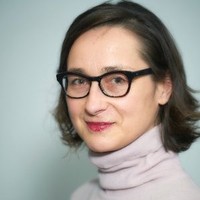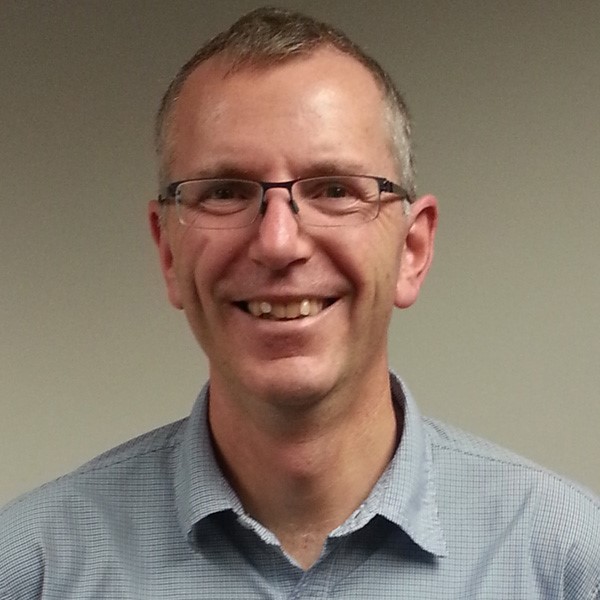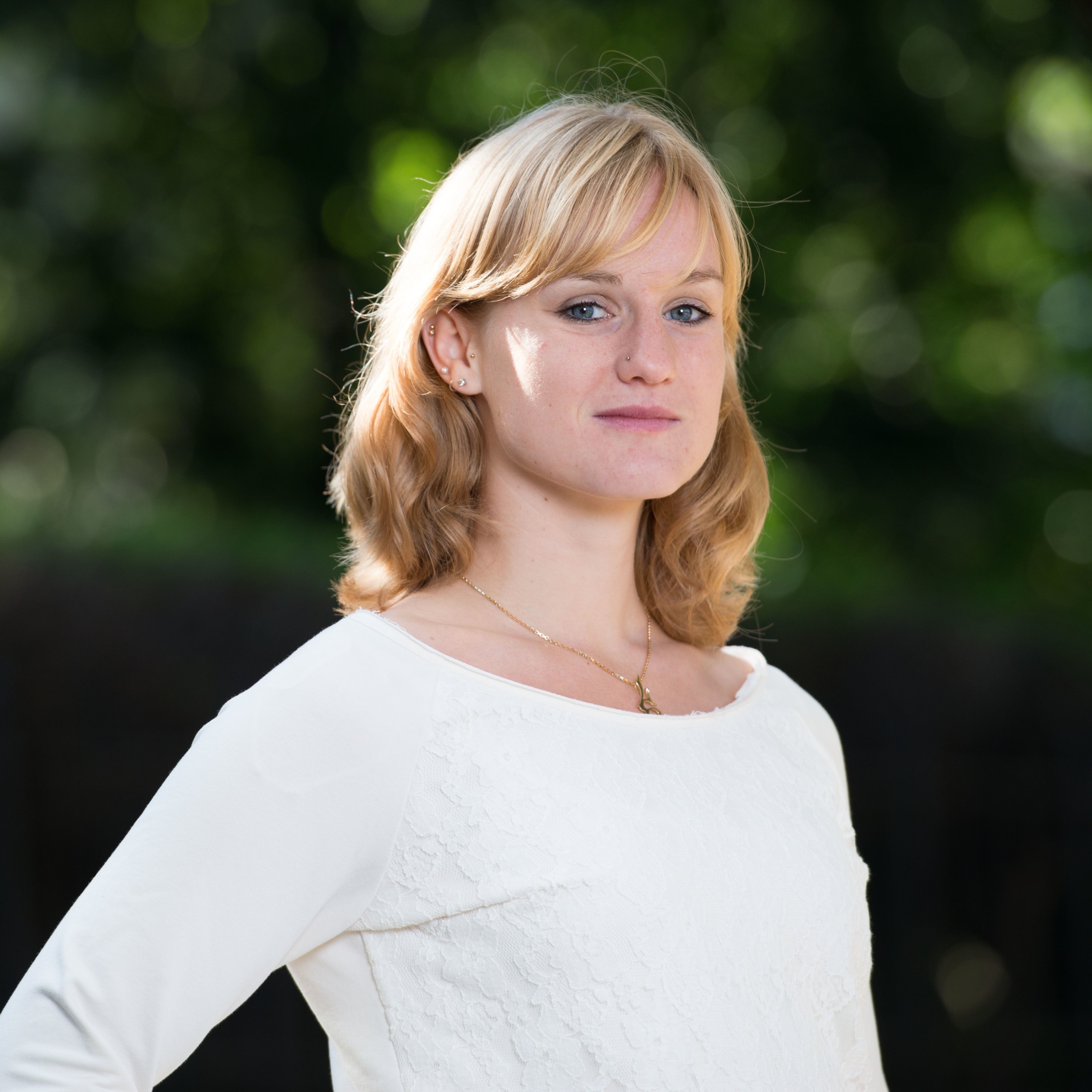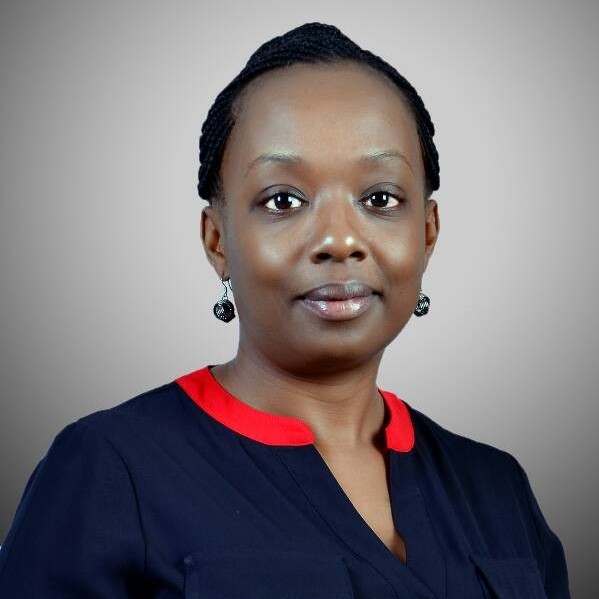Aug 27, 2019 | by The SEEP Network
Across sub-Saharan Africa, young people account for half of the financially excluded. In Northern Africa, they represent a smaller proportion but are still disproportionately unserved or underserved. The most distinctive group are the youth still living in the parental home. Transitioning into full adulthood, they are expected to become heads of household. They are increasingly literate and much more digitally savvy than their parents. Given high levels of mobile literacy, young people in Africa offer an untapped opportunity for financial service providers. It is critical that providers innovate and change the way they target this segment to address their personal financial needs.
This webinar presented key findings from recent research in three rapidly-growing countries – Morocco, Nigeria and Senegal. It focused on three key questions:
The research focused on young people[1], which includes three clusters – mid-teens (aged 15-17), youth (18-24) and young adults (25-30). It examines their experience in respect to financial inclusion, support structures and opportunities for young entrepreneurs. The main methodologies employed included a 13-week diary study, macro-quantitative analyses of publicly available data and qualitative research. It was commissioned by Scale2Save, a partnership between WSBI and Mastercard Foundation to establish the viability of small-scale savings in six African countries.
 Weselina Angelow, WSBI Scale2Save
Weselina Angelow, WSBI Scale2Save
Weselina Angelow is a development and financial inclusion expert with two decades of experience in initiatives across Eastern Europe, Asia, Africa and Latin America. Weselina works with WSBI's Advisory Services and is part of the Institute's global efforts towards universal financial access. She currently manages the anglophone project portfolio and learning agenda of WSBI's Scale2Save initiative. Her particular focus is on understanding the business case of small balance savings and the drivers of usage for formal financial services when offered to the underserved and unbanked.
Prior to joining WSBI in 2006, Weselina worked in private sector development with GIZ in Chile and for a technology partner of the Amadeus Leisure Group in Germany. She holds a Master in Economics and Social Sciences from Bonn University and an Executive Master in Responsible Banking from the Instituto de Estudios Bursatiles (IEB) in partnership with London School of Economics (LSE) and WSBI.
 Guy Stuart, Microfinance Opportunities
Guy Stuart, Microfinance Opportunities
Guy has been the Executive Director of Microfinance Opportunities since 2012, and affiliated with the organization since 2007. During this time he has led numerous research projects on the economic behavior of low-income individuals, households, and communities, as well as financial education projects. He has advised or led 17 Financial Diaries projects in 13 countries, collecting detailed information on how people manage their cash flows—their income, expenses, and use of financial tools. Currently he is leading the Garment Worker Diaries in Bangladesh, collecting weekly data from 1,300 workers.
Guy was also recently co-principal investigator of the Embedded Education Project at Harvard, which focused on how to deliver education, including financial education, to marginalized populations through organizations and networks that do not have education as their primary purpose.
Before becoming Executive Director of MFO, Guy was a Lecturer in Public Policy at the Harvard Kennedy School where he taught courses in management and microfinance for 13 years. He received his PhD from the University of Chicago in 1994.
 Lise Paaskesen, Lise Consultancy
Lise Paaskesen, Lise Consultancy
Lise Paaskesen is the founder and owner of Lise Consultancy and has worked as an independent consultant, specializing in youth participation since March 2013. Lise’s focus is to support organizations and institutions in providing improved services/programs/projects in favour of youth empowerment and development. She does this by working with youth to determine their needs and wants and by, for research and evaluation purposes, where the challenges lie and what the opportunities may be. Using this information to encourage change within or changes in organisational strategies in support of youth. Hence, Lise incorporates a crosscutting perspective in all her work by not only focusing on youth, but by also focusing on those who have a relationship to youth, for example financial institutions. She has been involved in multiple multi-country researches and evaluations whereby knowledge from different sectors and elsewhere are link to design creative and innovative recommendations for the way forward. For example, she has worked with WSBI for the past six years on improving financial inclusion and understanding the youth market segments in Kenya, Morocco, Nigeria, Senegal and Uganda.
 Marcienne Umubyeyi, L-IFT
Marcienne Umubyeyi, L-IFT
Marcienne has 18 years’ experience in financial inclusion, entrepreneurship, youth training, project formulation and implementation. She is L-IFT Program Manager and has been key for the development of L-IFT specific incremental financial diaries methodology. Her key expertise is in developing the field implementation and training system, as well as the communication mechanisms in the field and the community relations. She has now worked on six major financial diaries studies, in Togo (and Ethiopia) about youth savings accounts, Uganda and Ghana on youth livelihoods and finance, in Uganda on financial and energy diaries, Myanmar entrepreneur diaries, most recently on the Nigeria, Senegal and Morocco diaries and recently started on the refugees diaries in Uganda. She is also intensively involved in the new Finbit app through which young people can themselves track their financial diaries which helps them to understand their own finances and makes them assessable by financial service providers. She is based in Rwanda but works throughout English and French speaking Africa.
[1]The UN definition of youth is people aged between 15 and 24. The legal definition of youth in Morocco is 29, in Nigeria 30 and in Senegal 35. We used a range of 15-30 years to enable us to look at young people’s transition through life cycles. When we speak about the entire range, we apply the term ‘young people.’
This webinar was hosted by the SEEP Network
in partnership with the Mastercard Foundation Savings Learning Lab and Itad.
Categories: Savings Groups Webinar Savings Groups Webinar 2019 WebinarsBlogs

1621 North Kent Street, Ste 900,
Arlington, VA, 22209
P 202.534.1400
F 703.276.1433
Website Photos: © mari matsuri
